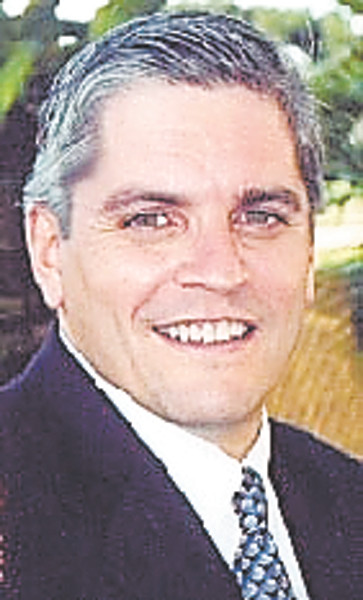To build or to destroy: The choice is ours
I recall, after my cousin Benjy Hillman was killed in the Second Lebanon War, hearing of one particular Shabbat when Benjy, a company commander in the Elite Egoz anti-terror unit, was due to go home on leave.
It’s difficult to describe, to anyone who has not experienced it, just how valuable a weekend pass is in the army.
After weeks spent in the dreary life of olive grey and green, sleeping on cots, or in jeeps or even in sleeping bags on the dirt, eating army food which can sometimes consist of cold rations grabbed in the darkness, and often going without showers and proper toilets for days at a time, the prospect of a weekend at home with mom’s cooking and a soft bed with real pillows is as close to heaven as a person can get in this world.
But that particular Shabbat, Benjy found out some of the men under his command who were chayalim bodedim (lone soldiers who have no home in Israel either because they have volunteered to serve despite the fact that they grew up overseas where their families remain or because they come from broken homes) had nowhere to go and were staying on base for Shabbat. So he went home for a few hours and return to base for Shabbat, giving up his weekend pass to be with his men so that they would know that in his unit no soldier is ever alone.
In all the years that I was in the army, both in regular service and later in the reserves, I never heard of such a thing. I never heard of, nor have I ever met, a commander who ever thought of, let alone did such a thing. Rarely is one privileged to meet a man like Benjy Hillman.
Taria, this week’s portion, begins a discussion we will have over the next weeks about a debilitating phenomenon known as tzaraat. Some have likened this to leprosy, though that is not entirely accurate — leprosy is a disease; tza’ra’at was a consequence, which in Jewish tradition occurred specifically when a person transgressed the prohibitions of slander and gossip.
And yet, this week’s portion begins with such a beautiful sentence: “Isha Ki Tzaria Ve’yalda…” (“When a woman conceives and gives birth…”)

 66.0°,
Shallow Fog
66.0°,
Shallow Fog 




